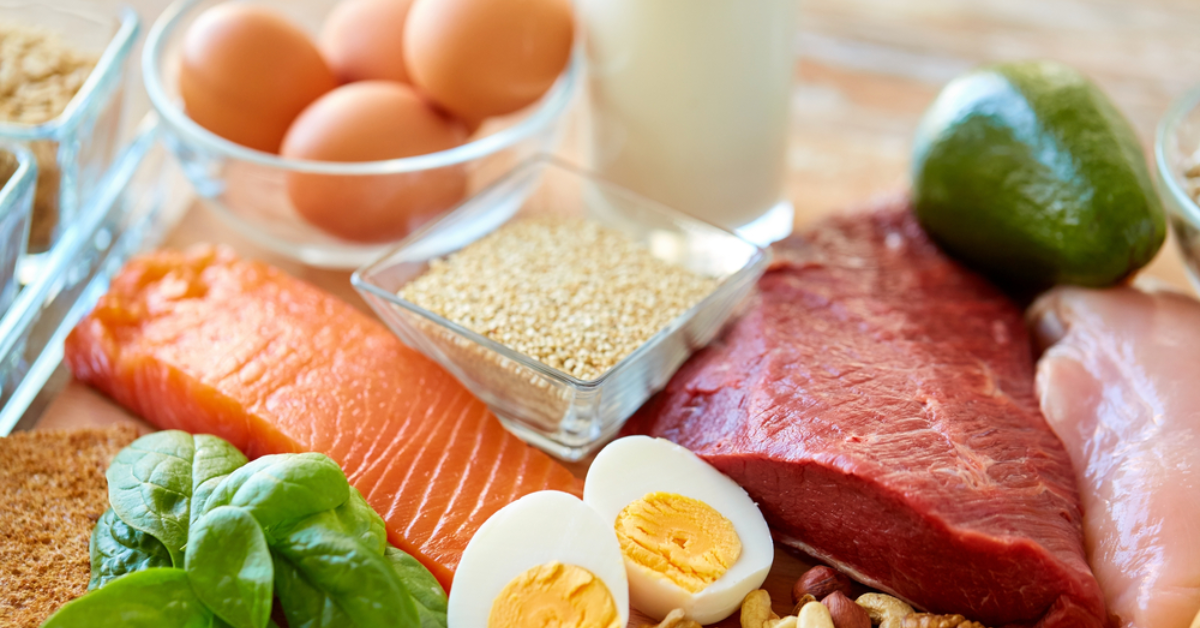United States – Protein has taken the spotlight as a trendy food ingredient dominating grocery aisles and diet trends like keto and paleo. From powders to protein-packed snacks, consumers are eager to increase their intake. However, medical experts caution that most people in developed countries already consume more than enough protein and that excessive intake may do more harm than good.
While protein is essential for numerous bodily functions—including immune health, tissue maintenance, and neurotransmitter production—the recent surge in popularity has led to a misconception that more protein always equates to better health. Experts urge a measured approach focused on balance rather than excess.
The Essential Role of Protein in the Body
Dr. Zhaoping Li, chief of clinical nutrition at UCLA’s David Geffen School of Medicine, emphasizes protein’s vital role: “Protein provides the building blocks of our organs and body, supports the immune system, functions as hormones, and supplies energy via glucogenic or ketogenic pathways.” Similarly, Jorn Trommelen, assistant professor at Maastricht University, highlights that the body’s proteins are constantly recycled, but without adequate dietary protein, there is a net loss in tissue mass and function.
- Protein is crucial for enzyme secretion, immune functions, and maintaining tissues.
- Dietary protein replenishes amino acids to prevent tissue loss.
Why Most People Already Get Enough Protein
Dr. Dariush Mozaffarian, director at Tufts Food is Medicine Institute, points out that “the vast majority of Americans already consume sufficient protein,” attributing the obsession with protein more to marketing than science. Dr. Luke Wilson of Doctors for Nutrition echoes this sentiment, stating, “Our bodies efficiently obtain necessary protein from a varied plant-based diet; sufficient calorie intake from diverse plant foods provides ample protein.”
“The nation’s growing obsession with protein arises more from misconceptions than value for health.” – Dr. Dariush Mozaffarian
Recognizing Rare Protein Deficiency Symptoms
Protein deficiency symptoms are uncommon in the developed world. According to Mozaffarian, severe and prolonged low protein intake can cause fatigue, hair loss, muscle wasting, skin issues, ankle swelling, and brain fog. Trommelen references kwashiorkor, a severe malnutrition syndrome, as nearly nonexistent in such settings.
If any symptoms or concerns arise, consulting a healthcare provider is advised, especially for individuals underweight or on weight-loss medications.
Practical Protein Intake Guidelines
The American Heart Association recommends that protein account for 10% to 35% of daily calories. For a 2,000-calorie diet, this translates to 50 to 175 grams of protein daily. For example:
- 7 ounces of cooked chicken breast contain approximately 50 grams of protein.
- A combination of 5.5 ounces of Greek yogurt and 3 ounces of chicken breast also provides about 50 grams.
- Most individuals can meet protein needs through balanced servings of dairy and moderate portions of meat.
Trommelen notes that protein requirements may increase with age, suggesting older adults might benefit from intakes up to 1.2 grams per kilogram of body weight.
Importance of a Balanced Diet Beyond Protein
Despite protein’s importance, many Americans fall short in consuming adequate fruits and vegetables, resulting in deficiencies in vitamins A, D, E, C, folate, calcium, magnesium, fiber, and potassium. Addressing these gaps requires a broader nutritional focus beyond protein content alone.
Protein Intake is Most Beneficial When Combined with Strength Training
Experts agree that increased protein consumption only supports muscle growth when paired with regular resistance exercise. Mozaffarian explains, “Eating more protein benefits those who engage in strength training several times a week, enhancing muscle mass and strength.” Trommelen concurs that physical activity optimizes dietary protein use.
“Without regular strength training, excess dietary protein is converted to visceral fat, raising risks of insulin resistance and diabetes.” – Dr. Dariush Mozaffarian
Excess protein not utilized by the body is converted to fat, potentially increasing the risk of metabolic diseases.
Choosing the Right Protein Sources for Health
Mozaffarian recommends focusing on minimally processed, nutrient-rich protein sources within a balanced diet:
- Fish, shellfish, yogurt, cheese, and milk
- Legumes, nuts, and whole grains
- Moderate consumption of unprocessed red meats (up to two servings per week)
- Avoid processed meats, protein bars, powders, and ultraprocessed foods high in sugar and salt
Shifting Focus to Whole Foods and Plant-Based Diets
Dr. Luke Wilson urges consumers to reconsider protein obsession, stating, “In high-income countries, protein deficiency is rare if you’re consuming enough calories. The best health benefits come from eating fewer ultra-processed foods and prioritizing beans, whole grains, vegetables, and fruits.” This approach supports disease prevention and provides adequate protein naturally.
For more detailed information and nutritional guidance, the USDA’s dietary reference intake calculator and resources like the Tasty app with thousands of recipes can assist in planning balanced meals.
Takeaway: Balance Over Excess in Protein Consumption
The consensus among nutrition experts is clear: while protein is essential, consuming excessive amounts—especially without appropriate exercise—offers no added health benefit and may carry risks. A varied diet emphasizing whole, minimally processed foods combined with physical activity remains the best strategy for optimal health.
What do you think about the current protein craze? Have you adjusted your diet based on protein advice? Share your experiences and thoughts in the comments below!







